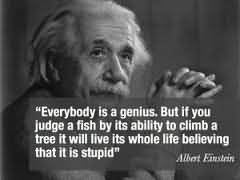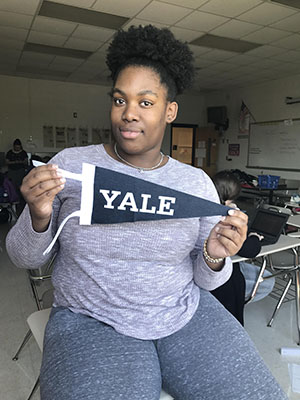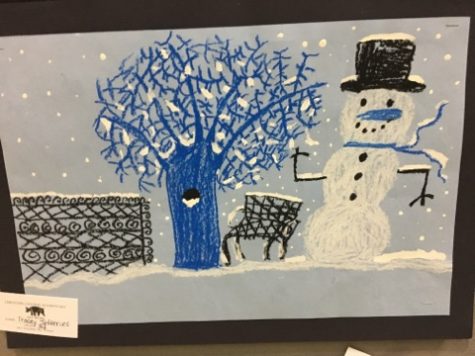The Struggles of Public Education

December 5, 2016
Recently I had to write an essay for an essay contest from The University of South Carolina for my English class. The topic of the contest was: “How should we improve the state of South Carolina?” I really pondered this topic and tried to figure out what it was exactly that South Carolina did need. Our state’s full of beautiful scenery, state parks, trendy shopping malls, and being the perfect location for when you can’t decide whether you want to live near the mountains or the beach. South Carolina truly is a state full of “smiling faces and beautiful places.” However, after thinking about the topic more and more, I realized what South Carolina truly needs is to invest in the future of its children.
I’ve seen first-hand the difficulties that sometimes come with the education system in South Carolina. For starters, the difficulty that is teaching children with a learning disability, or ADHD (which is not considered a learning disability). Children with ADHD have a difficulty sitting still and focusing on what they need to. To teachers, this is an extremely frustrating thing to deal with, and I understand completely. However, just because a child learns differently from the rest and differently than the teacher would like them to doesn’t mean that they should be made to feel defective. In these case scenarios, children may be sent to another classroom that can “deal” with the student, or they may be sent home because the teacher “simply cannot do anything with them.” Every day a child is sent to another classroom or sent home is another day that child falls behind. Doing this puts that child at a disadvantage because they continue to grow further and further behind. If a child doesn’t go to school, they’re punished. However, if a child is sent home, nothing is said. Is that fair? Because he can’t learn sitting still, he can’t learn at all at school. Because she can’t learn the teacher’s way, she can’t learn at all in school. Like what my paper was about, the main thing I feel like South Carolina needs to focus on is upping its game with early elementary educators. It is a shame to put one of our most precious resources in jeopardy because our schools may not know how to teach them in the way they need to learn.
It’s a known fact that how a child is treated when they’re young can “make them or break them,” especially socially. Once a child is labeled an “outcast” because of how a teacher treats them, other students begin to perceive them that way, too, and eventually the child him or herself will come to believe it, too. Face it, the fact is what a young, impressionable mind hears about himself on a daily basis becomes a part of the fabric of how he sees himself. That teacher telling him that “he’s bad,” that “he can’t learn,” that “he needs to go somewhere else to someone that can handle him,” eventually becomes what they know of themselves. They become what they hear because it’s what they’re made to believe.
Do not get me wrong, I understand how sensitive this topic is. Writing this, I knew it would step on toes. There are great teachers in the state of South Carolina. Teachers who spend all their free time outside of school grading and editing papers, staying after school to give extra help, and partaking in other school events. They give their all to what they do because of how important a child’s learning is to them. I understand that a teacher has a life outside of school. Many teachers simply don’t have time to spend all their free time doing work because they have families and other commitments. I know that not every child with ADHD faces these situations, but even one child who does is one too many. However, as a teacher, making a child feel as if they can’t learn because they learn differently is completely unacceptable. That is a teacher that should not be allowed to teach in the state of South Carolina. A child should have every right in the world to learn. I have experienced first-hand the destruction of self-confidence and the sheer bewilderment that a child can be made to feel.
Thankfully, in the first-hand situation I spoke of previously, this year, this child has been blessed with a teacher who is willing to go far above and beyond what should be expected, and the child is flourishing. This teacher is one of South Carolina’s most precious resources and indeed what we need to improve.
A child’s education is truly what sets them up for the future. Education is the most powerful weapon in the world. It brings change, innovation, and reformation. Why should a child be deprived of that because of something she can’t control? Some of the smartest people in the world were once told they couldn’t learn. Albert Einstein, being one of them, once said, “Everybody is a genius. But if you judge a fish on its ability to climb a tree, it will live its whole life believing that it is stupid.”








